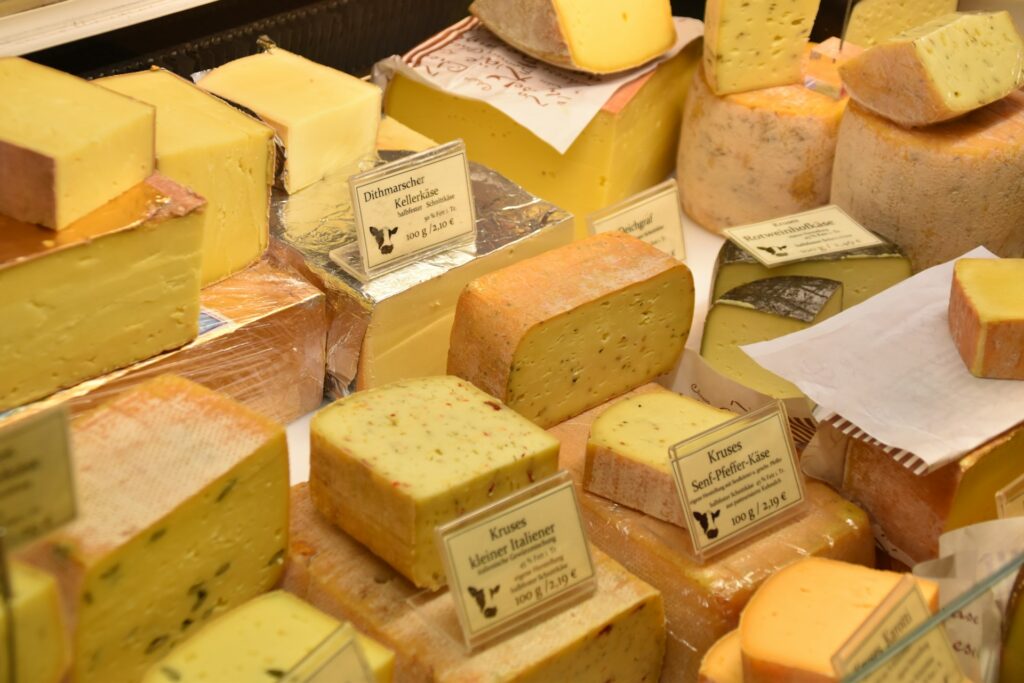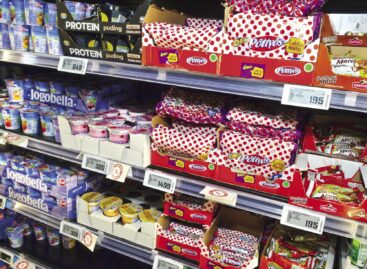New chapter in the Hungarian Food Code – the Dairy Products Council welcomes the quality regulation of Trappist cheese
The Milk Product Council welcomes and appreciates the publication of the new chapter of the Hungarian Food Codex on Trappista cheese.
 As consumer awareness increases, there is growing social demand for high-quality food products. Therefore, it was important for the Hungarian Food Codex to be expanded with a new chapter regulating one of the key products of the domestic dairy industry and the most well-known Hungarian cheese: Trappista. The new provisions define the permissible ingredients, as well as the shape, size and weight requirements of Trappista cheese, along with its compositional and sensory characteristics.
As consumer awareness increases, there is growing social demand for high-quality food products. Therefore, it was important for the Hungarian Food Codex to be expanded with a new chapter regulating one of the key products of the domestic dairy industry and the most well-known Hungarian cheese: Trappista. The new provisions define the permissible ingredients, as well as the shape, size and weight requirements of Trappista cheese, along with its compositional and sensory characteristics.
Protecting the names of different cheeses, such as Trappista, is not merely a legal issue — it is a fundamental element in preserving quality, tradition and consumer trust, as well as strengthening the Hungarian economy.
Szigor jön a trappista és a vadkovászos fronton – új rendelet védi a vásárlókat
Legislation clearly states that the labeling of food products must not be misleading. The main purpose of this rule is to protect consumers, who have the right to accurate and understandable information about what they purchase. The name of a food must be precise and truthful, reflecting its real nature and composition.
In recent years, the Milk Product Council has repeatedly expressed concern that thousands of tons of so-called Trappista cheese have been imported to Hungary from Poland, Slovakia and Germany — countries where this cheese type is barely known — even though the dairy processors involved do not actually produce Trappista cheese.
Traditionally, Hungarian-produced Trappista cheese is wheel-shaped, a feature now formally enshrined in regulation. As a result, block-shaped Trappista cheese — the vast majority of which is imported — may only be marketed in sliced or grated form, or as an ingredient in composite food products.
In recent years, several domestic Trappista cheese producers have modernized or expanded their processing capacities with the help of government support, and development continues. The approximately 300,000–350,000 tons of raw milk exported annually from Hungary provide a solid foundation for expanding domestic Trappista cheese production.
The new legal provisions do not impose any restrictions on the import of foreign block cheeses. There will be no shortage of semi-hard cheese on the Hungarian market; the only change is that these “blocks” will now be sold under their original names instead of being relabeled as Trappista, which has misled consumers in the past.
To ensure proper legal interpretation and a smooth transition, the Milk Product Council will consult with both retail and wholesale partners.
Related news
The Hungarian Food Book is 50 years old
🎧 Hallgasd a cikket: Lejátszás Szünet Folytatás Leállítás Nyelv: Auto…
Read more >Related news
God bless you, kitchen table: Hungarians are twice as likely to eat dinner in bed as the rest of the world
🎧 Hallgasd a cikket: Lejátszás Szünet Folytatás Leállítás Nyelv: Auto…
Read more >








